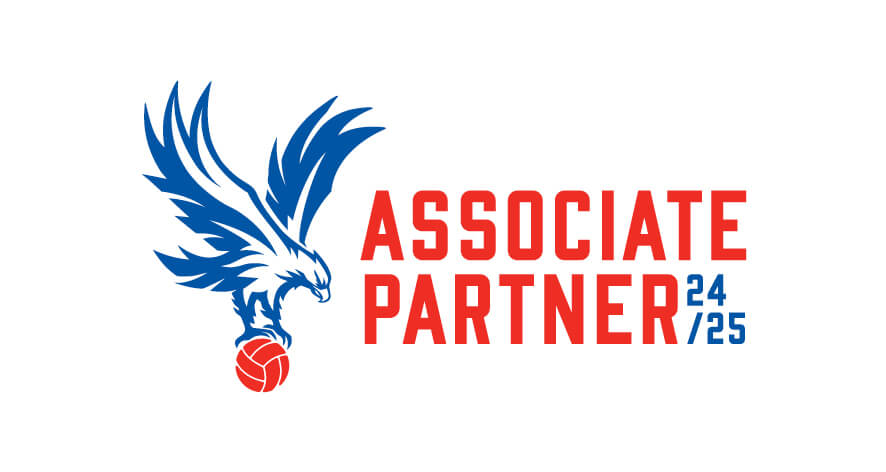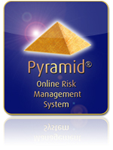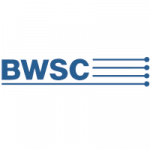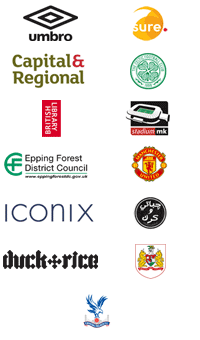EU Food Information for Consumers Regulation – What it means for your business
Advice has been released from the Food Standards Agency (FSA) regarding the EU Food Information for Consumers Regulation (EU FIC) that comes into force from 13th December 2014. The Food Standards Agency (FSA) will be enforcing the new rules in the UK.
If you are a small or medium food business that, for example, provide meals in a café or restaurant, sell food that you wrap yourself or provide catering such as in schools, hospitals and care homes then the new rules will change the way you and your staff provide information to your customers. There are also new requirements for businesses which are providing loose food, such as supermarket food counters, delicatessens, restaurants, takeaways.
The new rules are to ensure that all consumers are given comprehensive ingredient listing information and make it easier for people with allergies to identify ingredients they should not consume. There will be a legal responsibility to provide the correct allergen information about the ingredients that is in the food you make or serve within your business.
The Definition of Loose Foods
Prepacked foods are usually made by one business and sold by another such as a retailer or caterer. Loose or foods that are not prepacked describe everything else. This includes foods which are wrapped on the same site as they are sold, such as in a sandwich bar, bakery or from a delicatessen counter. – The Food Standards Agency
During the preparation of loose food, you may be using prepacked foods as ingredients in your recipe. Allergenic ingredients will need to be emphasised within the ingredients list of prepacked foods.
How Do I Provide Allergenic Ingredients Information?
Details of allergens will have to be listed clearly in an obvious place such as a menu, chalkboard or information pack. Where allergen information is not provided directly in writing, signposting a customer to where they can get this information will be required. Your sign should be where customers expect to find this information; for example where they would be making their food orders such as at the till point, on a menu board, or on the menu.
You can no longer say that you are not sure if a particular allergen is in a food or not. It will no longer be acceptable to use phrases such as ‘may contain nuts’ although it is acceptable to inform customers that nuts or any other allergen that the customer is asking about is used in the kitchen, if that is the case.
Providing Written Allergen Information
This can be provided on menus, menu boards or on websites (when selling on-line). It will not be acceptable to put it on the menu in small print but must be obvious to anyone reading the menu. For example:
- Chicken Korma – Contains: Milk, Almonds (nuts)
- Carrot cake – Contains: Milk, Egg, Wheat, Walnuts (nuts)
Providing Allergen Menu Folders
Allergen menu folders that contain:
- Product specification sheets
- Ingredients labels
- Recipes or charts of the dishes provided
Telling a Customer about Allergens
Allergy information can also be provided verbally with the customer as well as using
any of the ways described above. You can also use methods you have devised yourself to ensure that the information provided is correct and consistent.
Staff Training
Businesses should ensure, as a bare minimum, that all their staff are aware of the procedures and policies of the business when it comes to handling all requests for allergen information. All staff should receive adequate training on handling allergy information requests from their first day of starting their job.
Food business have the responsibility to know which allergenic ingredients are present in the foods they sell. Businesses will have to ensure the allergen information is accessible to all staff and that the information is kept up-to-date.
The FSA’s 14 most common allergens are listed as celery, cereals containing gluten, crustaceans, eggs, fish, lupin, milk, molluscs, mustard, nuts, peanuts, sesame seeds, soya and sulphur dioxide.
Allergen Information for Loose Foods Leaflet
The FSA has released a leaflet entitled “Allergen information for loose foods” which covers every you need to know to stay compliant with the new rules. The booklet was used as a reference in the creation of this article. The leaflet contains an introduction to the new rules, what the new rules for loose foods are, the 14 allergens, how to provide allergen information, dealing with severe allergic reaction and and dealing with allergen information. Further reading is available by following the links in the leaflet.










